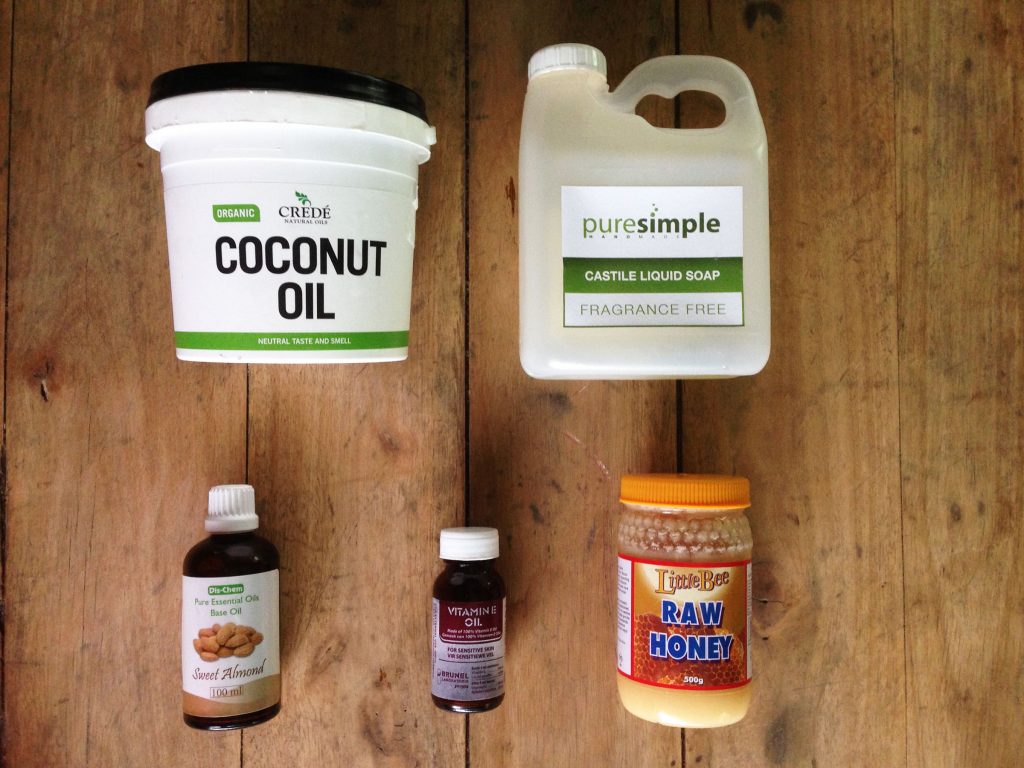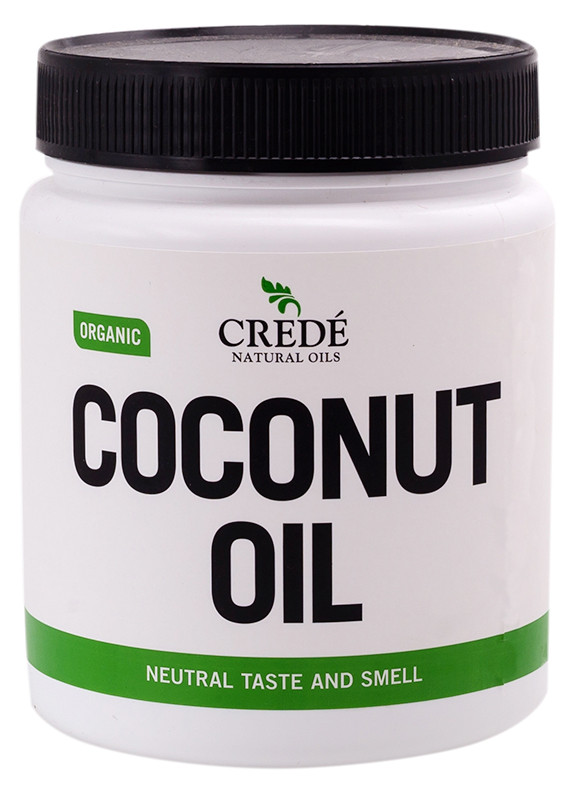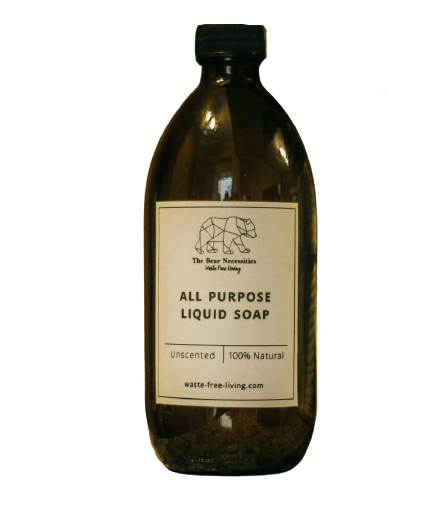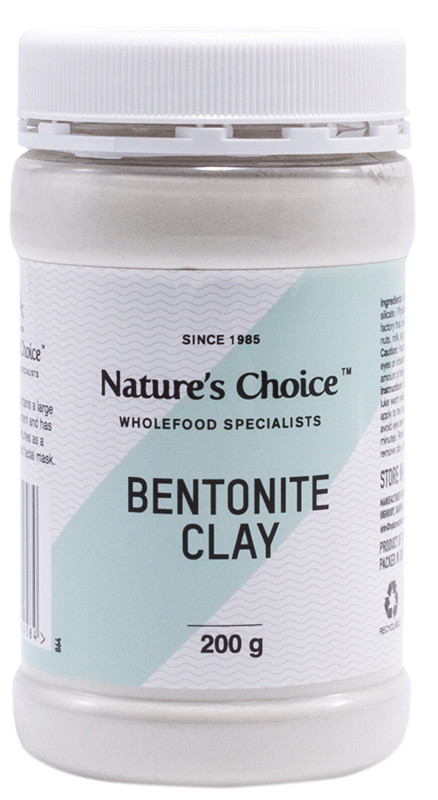Making your own natural beauty products is more affordable than buying the retail equivalents, since many homemade recipes call for the same ingredients. Add these 13 must-have items to your shopping list, and you will be stocked up and ready to start making your own eco-friendly products. You will initially spend approximately R1500-R2000 as a startup cost, but you will have enough ingredients to make everything you need for months.

1. Coconut oil
RECIPES TO TRY: simple moisturiser, body butter, anti-aging night cream, soap bar, liquid soap, makeup remover, hair conditioner, body wash, lip balm, tinted lip balm and toothpaste (recipe coming soon).
TIP: Buy virgin, unrefined coconut oil. However, to make soap, rather buy the cheapest and refined option.
Approximate cost: R60-R150 for one litre depending on quality.
2. Raw honey
RECIPES TO TRY: face mask, body wash, shampoo, kids throat jellies, hair conditioner, cough syrup, acne spot treatment (recipes coming soon).
TIP: Buy raw, unrefined and unheated honey that’s straight out of the bee hive. Make sure that it clearly states “raw” honey on the label, and even better – unheated and unprocessed.
Approximate cost: R100 for 500g.
(Brands that I use: Eat Naked, Little Bee, Key 4 Health, Simply Bee).
3. Essential oils
RECIPES TO TRY: toning body butter, anti-aging night cream, hand cream, skin toner, body spray, antiperspirant deodorant (roll-on), body scrub, mouth wash, shampoo, simple moisturizer, face wash. Basically every DIY recipe!
TIP: Read my shopping guide for advice on the best brands to buy, and read how to use essential oils safely if you are pregnant, nursing or new to using essential oils.
Approximate cost: Range from R20-R150 for 11ml depending on oil & quality.
4. Natural liquid Soap
RECIPES TO TRY: shampoo, body wash, waterless hand wash, shaving cream, scalp tonic, foaming face wash (recipe coming soon).
TIP: The best liquid soaps are coconut-based. They will produce the best lather, and they will last the longest, because you need to use very little. My favourite is The Bear Necessities liquid soap, which works with all my recipes. Instead of buying liquid soap, you can make it from scratch if you have coconut oil. Making liquid soap is the most cost-effective option. Read the full instructions to make liquid soap here.
Approximate cost: R150 for 500ml.
5. Bees wax
RECIPES TO TRY: lip balm, tinted lip balm, hand cream, toning body butter, anti-aging night cream, simple moisturizer.
Approximate cost: R100-R250 for 250g
6. Vitamin E oil

RECIPES TO TRY: hand cream, face wash, body wash, simple moisturizer, anti-aging night cream, toning body butter.
TIP: Vitamin E is not only great for skin, but it’s also a natural antioxidant which will help extend the shelf life of your products. You can find Brunel Vitamin E oil at Dischem – it’s the most affordable but it is diluted with liquid paraffin. Alternatively, I recommend buying vitamin E oil capsules (in the vitamin & supplement aisle of any pharmacy) and pop the capsules to use in your products. Escentia also sell a liquid form of vitamin E, which is ideal, but it’s more expensive than these other two options.
Approximate cost: R200-R370 for 50ml.
7. Shea butter
RECIPES TO TRY: anti-aging night cream, body butter, lip balm, tinted lip balm, hair conditioner.
TIP: Buy raw, unrefined shea butter. It’s not white and creamy, but rather solid like coconut oil and has a more natural off-white colour. Raw shea butter also has a nutty fragrance.
Approximate cost: R100-R200 for 200g.
8. Aloe vera gel

RECIPES TO TRY: hand cream, cream blush, non-greasy face cream, aftershave, aftersun gel, clear mascara and bug bite treatment (recipes coming soon).
TIP: Make sure there are no added ingredients (vitamin e is okay), because many other products say “aloe vera gel” on the label, but contain other additives that aren’t natural. Read the ingredients before buying. I buy Bettaway Aloe Gel from Dischem or Wellness Warehouse. When they’re out of stock, then I buy the second best natural option – Natraloe gel or Totally Wild Organic Aloe Gel, which is mostly aloe vera gel with a few other natural additives like rosemary essential oil and jojoba oil etc.
Approximate cost: R100-R120 for 100ml.
9. Apple cider vinegar
RECIPES TO TRY: whitening mouth wash, toner/ astringent, face wipes, hair cleansing rinse (recipe coming soon).
TIP: Buy raw, unrefined and possibly organic ACV. If this is too expensive, then make your own raw ACV at home (here’s how).
Approximate cost: R80-R110 for 500ml.
10. Bicarbonate of soda

RECIPES TO TRY: multipurpose cleaner, laundry powder, toothpaste, calamine lotion, bin odour neutraliser (recipes coming soon).
TIP: You can find bicarbonate of soda at most grocery stores – you’ll usually find it in the baking aisle.
Approximate cost: R30 for 500g at the grocery store.
11. Bentonite clay
RECIPES TO TRY: antiperspirant deodorant, powder blush, eye shadow, deep cleansing face mask, calamine lotion (recipes coming soon).
Approximate cost: R40 for 200g.
12. Emulsifying Wax (for emulsions)
RECIPES TO TRY: aqueous cream, beginner lotion, rich winter body cream, liquid bath milk, conditioner, liquid foundation (recipes coming soon).
TIP: If you are happy with oil-based creams and conditioners then you won’t need this ingredient. This ingredient is used to combine water and oil in recipes to achieve a non-greasy product that absorbs well into the skin and hair. There are many chemical emulsifying waxes that you want to avoid. Make sure that what you buy is a natural product or is certified for use in organic products. The emulsifying waxes that I use are from the OliveM range, or Eco E-wax (which is also known as glycerol monostearate). Both are SOIL association and ECOCERT approved for use in certified organic products.
Approximate cost: R300 for 1kg. (You only use about a tablespoon to make 200ml of cream, so a little goes a long way!)
13. Preservative (for emulsions & water-based products)
RECIPES TO TRY: aqueous cream, beginner lotion, rich winter body cream, liquid bath milk, conditioner, liquid foundation (recipes coming soon). You need a preservative in all emulsions and recipes that use water, since water invites bacteria.
TIP: If you are happy with oil-based products then you won’t need this ingredient. This ingredient ensures the safety of water-based products by preventing bacterial, fungal and viral growth. It extends the shelf life of water-based products. I personally use Geogard 221 and Geogard Ultra. These are not natural ingredients, but they are one of the few preservatives that are non-toxic, SOIL association and ECOCERT approved for use in certified organic products. This is the only synthetic chemical I use in my water-based products to ensure their safety.
Approximate cost: R150 for 50g of Geogard Ultra. (You only use 1 gram to make 200g of cream, so a little goes a long way!)
Are there any must-have ingredients that you think are missing from this list – what are they? Let me know in the comments below.








how long does your 500ml of coconut oil last you,because i have been trying other oils and am thinking of going back to coconut oil since i haven’t used it in a while,could you please tell me would appreciate it and thanks.
Hi Ismail, thank you for your question. Coconut oil is a great choice, because it can be used for so many things and it has an incredibly long shelf life of up to two years if stored correctly. I normally buy coconut oil by the litre (it works out cheaper in bulk), and since I use it for everything from soap to cooking, I tend to buy a litre every month or two. So it depends on what you are using it for – if you are only using it as a body lotion, 500ml could last you months! I hope that helps answer your question?
Oh how super is this! Thank you, thank you, thank you! So happy to see a fellow South African following the natural route ?
Hi Anni. Thank you so very much for your positive and encouraging comment. It really made me smile 🙂 I, likewise, am happy to have another fellow South African discover my blog! I hope you find some of my recipes useful. Take care.
Hello Christina,
I have a problem with eczema and cannot use any soap or perfumed products.
Are any of the products you refer to safe for me to use without having my eczema flare up?
Regards,
Antonio
Hi Antonio,
Yes, most of my recipes should be safe to use for eczema, but I would recommend that you exclude essential oils, or only use Lavender and Chamomile, but use very little (1-2% of total recipe). However, I must also say many people with eczema react differently to different ingredients, and that there are different types of eczema. So I cannot guarantee what your reaction will be, but I am pretty confident that all my recipes are significantly milder than typical retail products. If you do try any of my recipes, please share your experience with it so that other people with eczema will know what has worked for you and what has not worked.
Regards
Christina